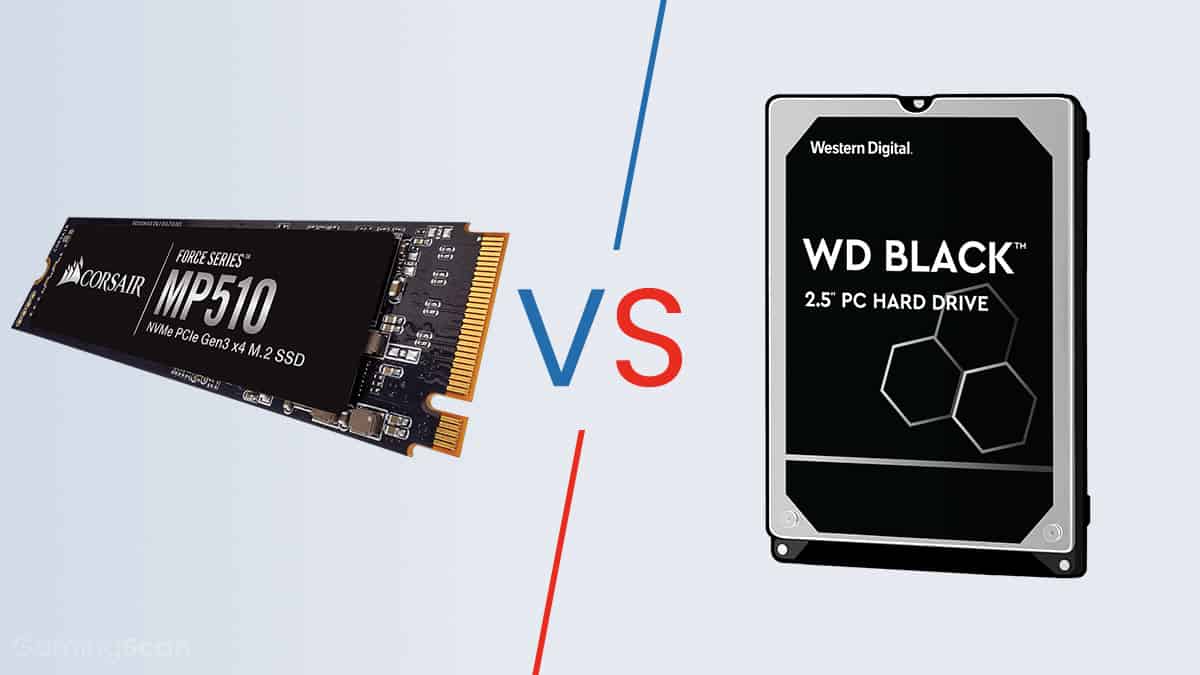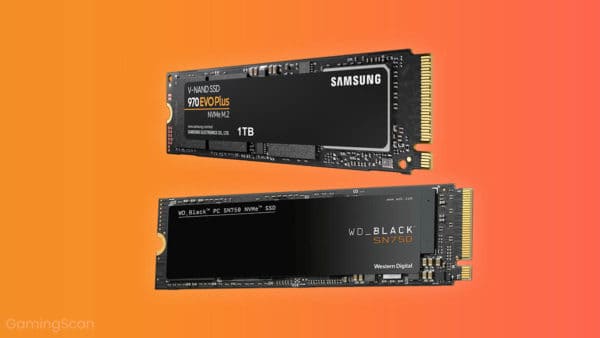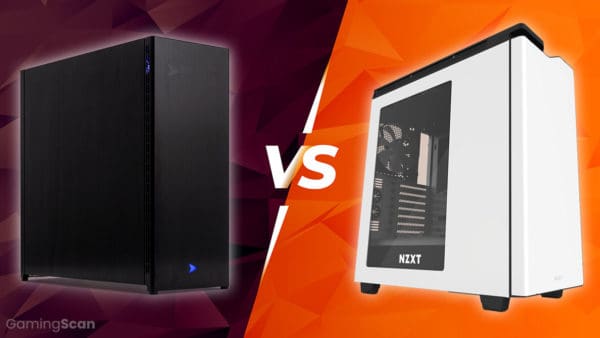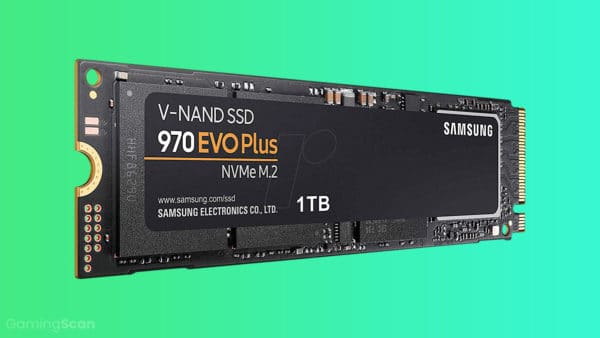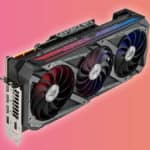Answer:
An SSD is much faster and offers significantly better performance when it comes to gaming, particularly in terms of loading times.
HDDs have a longer lifespan and are much more cost-efficient as high-volume storage solutions.
Solid-state drives have become all the rage in recent years, all thanks to the unprecedented read/write speeds that completely blew traditional hard-disk drives out of the water.
It was with good reason that gamers around the world turned to SSDs as the better choice for gaming because of the hands-down superior performance they offer.
But are SSDs really that much better?
In this article, we will be comparing SSDs and HDDs on all the key fronts, discussing the advantages and disadvantages of using either of them, as well as deciding which of the two is ultimately the best solution for gaming PCs.
Table of ContentsShow
The Showdown
Speed
As we have already stated, SSDs are superior to HDDs when it comes to speed, and there’s no doubt about that. An SSD’s data transfer speed can surpass that of an HDD several times over, although in practice, the results will differ from application to application.
When it comes to gaming, the main benefit of having an SSD instead of an HDD is improved loading times, but the PC is also bound to run smoother overall, with much faster boot times.
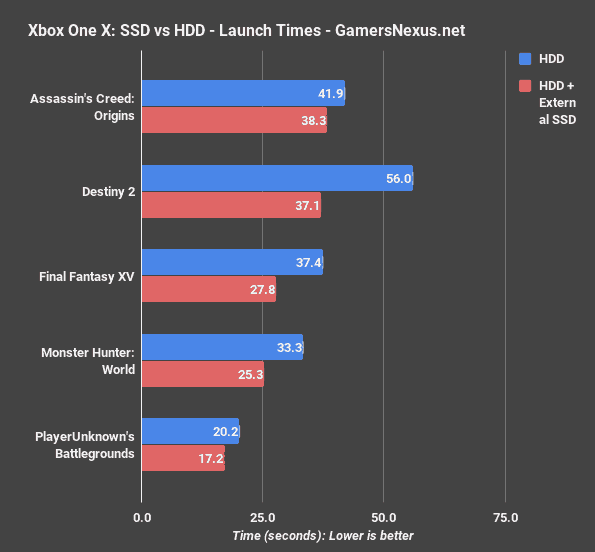
Longevity
As far as the overall life-span is concerned, HDDs tend to last longer than SSDs. While there is a definite gap in that regard, it’s not one that will concern most users, as hundreds of terabytes would need to be written to the SSD in order to “break” it. Most people will end up upgrading long before they’re even close to hitting that limit.
Durability
SSDs win in the durability department, too. Since they have no moving parts, it’s very difficult for the SSD to malfunction due to external damage.
In contrast, HDDs feature a spinning disk and a moving read/write head. Because of this, it’s much easier for an HDD to get damaged as a result of external shock.
Capacity and Pricing
Now, we get to what is usually the most important entry on any storage device’s spec sheet — the capacity.
In 2023, both SSDs and HDDs can reach some pretty insane numbers, with the latest cutting-edge SSDs boasting as much as 7.6 TB of storage, though most of them are in the 120 GB – 4 TB range. HDDs are mostly confined to the 500 GB – 8 TB range, although models that have as much as 16 TB of storage are readily available for purchase.
However, it’s not just about capacity, it’s also about pricing. Price-per-gigabyte, to be more specific. And in this regard, HDD is the clear winner.
For example, a 500 GB HDD can cost as little as $20 in 2023, whereas 500 GB SSDs start at around $60. The price gap grows as the storage capacity increases, so a 2 TB HDD will cost about $40 while a 2 TB SSD will cost $200, and a 4 TB HDD can cost about $80, while 4 TB SSD models usually start above the $500 price point.
That said, HDDs offer much better value if you need lots of storage.
Noise
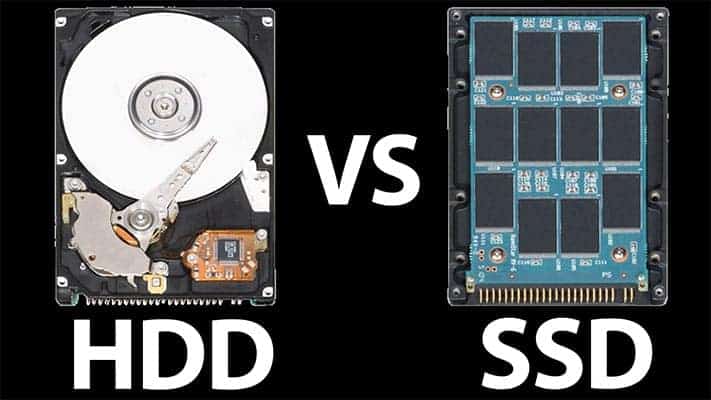
As we have already mentioned, a solid-state drive has no moving parts. As such, it runs completely silent. In contrast, an HDD is bound to produce a certain amount of noise, but not every HDD is as loud as another.
Ultimately, how loud an HDD is mainly comes down to the following factors:
- RPM: Today, lower-end HDDs start at 5400 rotations per minute, while the more performance-oriented variants can go up to 15000 RPM. Naturally, the faster an HDD spins, the noisier it will be.
- Age/damage: Considering that moving parts are crucial to their functioning, an HDD may become louder over time due to its mechanisms wearing down or due to physical damage.
The Final Verdict
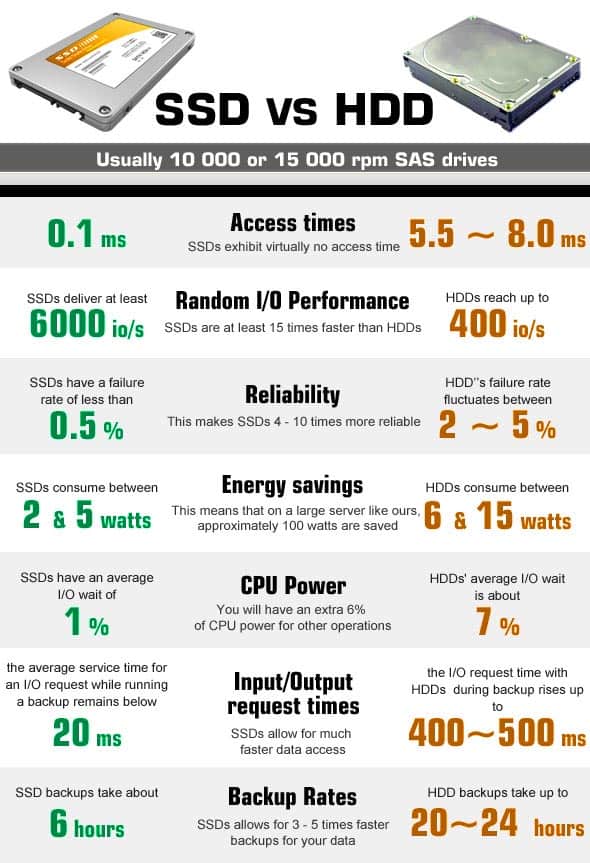
All things considered, there can be no doubt about who the winner is in the ‘SSD vs HDD’ showdown.
An SSD is much better for gaming than an HDD, period.
Traditional hard-disk drives simply cannot compete with the kind of performance that solid-state drives offer, and the gaming industry is ready to move forward.
SSDs are much cheaper in 2023 than they were only a few years ago, not to mention that even the 9th generation consoles, the PlayStation 5 and the Xbox Series X, will also be using SSDs for storage.
So, you should definitely pick an SSD as your primary system drive if you can afford it. If you’re really pinching pennies and need more storage than what you can get in an SSD that fits your budget, using a smaller SSD as your main drive while also using an HDD for storage is always an option.
That said, HDDs are still good, cost-efficient picks for when capacity is more important than performance. They will continue to be relevant as storage solutions in the years to come. In fact, as we stated above, they offer much better value when storage is concerned.
On a final note, the same pros and cons apply to portable external storage solutions. External SSDs and external HDDs are both viable choices in 2023, but keep in mind that external HDDs will offer more storage at a lower price point but external SSDs will be faster and more resistant to external shock, the latter being a very important factor to keep in mind when it comes to external storage.
